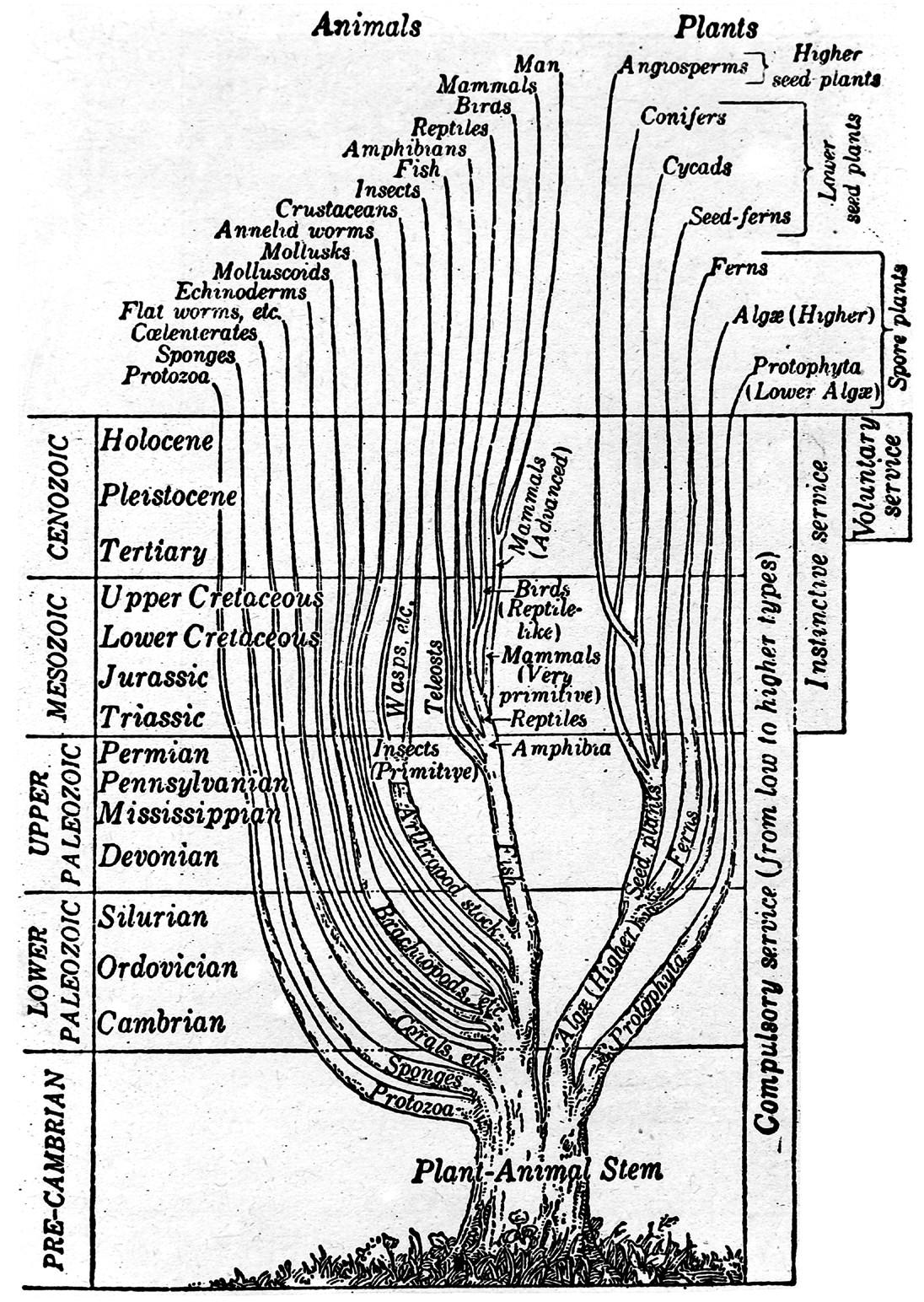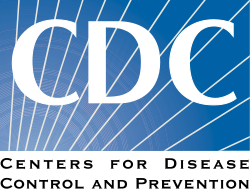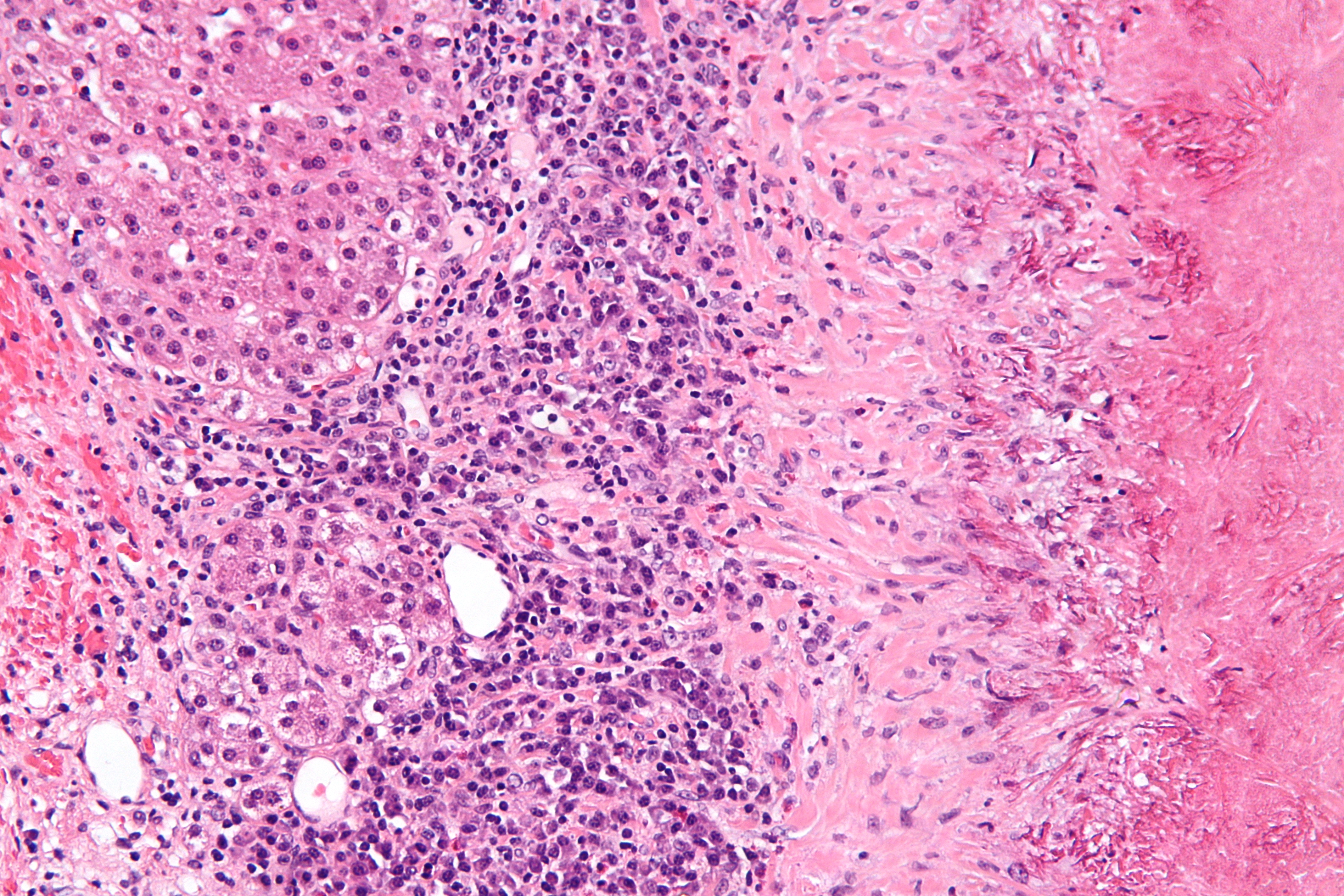Difference between revisions of "Main Page/Featured article of the week/2015"
Shawndouglas (talk | contribs) (Added last week's article of the week.) |
Shawndouglas (talk | contribs) (Added last week's article of the week.) |
||
| Line 17: | Line 17: | ||
<!-- Below this line begin pasting previous news --> | <!-- Below this line begin pasting previous news --> | ||
<h2 style="font-size:105%; font-weight:bold; text-align:left; color:#000; padding:0.2em 0.4em; width:50%;">Featured article of the week: January 19–25:</h2> | <h2 style="font-size:105%; font-weight:bold; text-align:left; color:#000; padding:0.2em 0.4em; width:50%;">Featured article of the week: January 26–February 1:</h2> | ||
<div style="padding:0.4em 1em 0.3em 1em;"> | |||
<div style="float: left; margin: 0.5em 0.9em 0.4em 0em;">[[File:In-Silico-Gene-Prioritization-by-Integrating-Multiple-Data-Sources-pone.0021137.g005.jpg|250px]]</div> | |||
'''[[Cancer informatics]]''' is a multidisciplinary field of science that "deals with the resources, devices, and methods required to optimize the acquisition, storage, retrieval, and use of [[information]] in cancer" research and treatment. Like many other fields of science, researchers in cancer biology have seen a dramatic increase in the amount of clinical and research data, in particular with genomic and molecular cancer data. While this data can benefit researchers' understanding of cancer behavior and development of better therapies, new and improved data management and analysis tools are needed. Cancer informatics attempts to provide those tools "that interconnect research, clinical activities, and data in an organized and efficient manner, with as broad a database as possible." For many, the coupling of cancer informatics and other bioinformatics tools with computational modeling and statistical analysis will accelerate the goal of making cancer a more treatable if not curable disease. | |||
Cancer informatics can help tackle problems and tasks such as the development of computational diagnosis, prognosis, and predictive models; the development of standards for the entry, annotation, and sharing of clinical cancer data; and the management and distribution of annotated molecular data for further research. ('''[[Cancer informatics|Full article...]]''')<br /> | |||
</div> | |||
|- | |||
|<br /><h2 style="font-size:105%; font-weight:bold; text-align:left; color:#000; padding:0.2em 0.4em; width:50%;">Featured article of the week: January 19–25:</h2> | |||
<div style="padding:0.4em 1em 0.3em 1em;"> | <div style="padding:0.4em 1em 0.3em 1em;"> | ||
<div style="float: left; margin: 0.5em 0.9em 0.4em 0em;">[[File:Tree, plant and animal stem. Wellcome M0001295.jpg|130px]]</div> | <div style="float: left; margin: 0.5em 0.9em 0.4em 0em;">[[File:Tree, plant and animal stem. Wellcome M0001295.jpg|130px]]</div> | ||
Revision as of 17:05, 2 February 2015
|
|
If you're looking for the 2014 archive, it can be found here. |
Featured article of the week archive - 2015
Welcome to the LIMSwiki 2015 archive for the Featured Article of the Week.
Featured article of the week: January 26–February 1:Cancer informatics is a multidisciplinary field of science that "deals with the resources, devices, and methods required to optimize the acquisition, storage, retrieval, and use of information in cancer" research and treatment. Like many other fields of science, researchers in cancer biology have seen a dramatic increase in the amount of clinical and research data, in particular with genomic and molecular cancer data. While this data can benefit researchers' understanding of cancer behavior and development of better therapies, new and improved data management and analysis tools are needed. Cancer informatics attempts to provide those tools "that interconnect research, clinical activities, and data in an organized and efficient manner, with as broad a database as possible." For many, the coupling of cancer informatics and other bioinformatics tools with computational modeling and statistical analysis will accelerate the goal of making cancer a more treatable if not curable disease. Cancer informatics can help tackle problems and tasks such as the development of computational diagnosis, prognosis, and predictive models; the development of standards for the entry, annotation, and sharing of clinical cancer data; and the management and distribution of annotated molecular data for further research. (Full article...)
|














